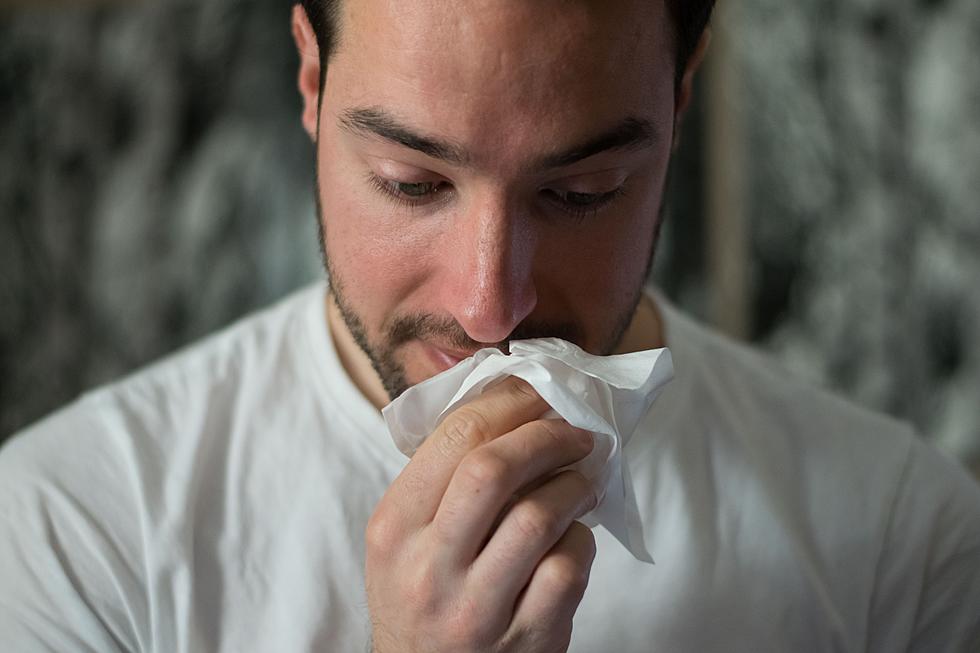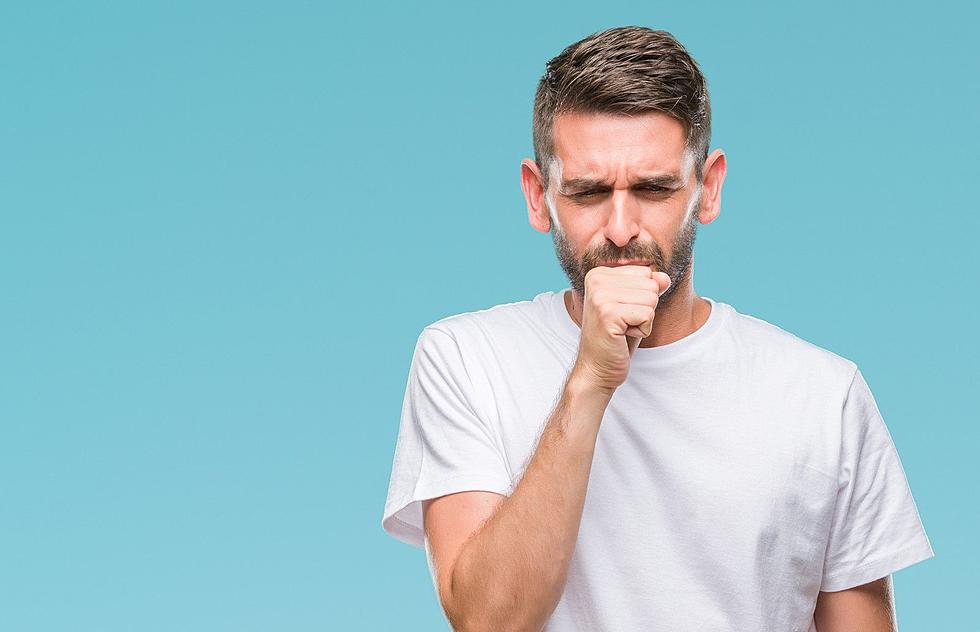
How to Cope with COVID Anxiety and Seasonal Depression
In the winter, you may be more vulnerable to the “winter blues” – a drop in mood that occurs during the chilly months, or seasonal affective disorder (SAD), a form of depression that happens during months with less daylight and goes away in the warmer, sunnier months.
As we enter the winter of 2021, you may be even more prone to depression and other mental health conditions with the added daily stresses of a global pandemic.
“The hallmarks of winter – the darkness and cold temperatures – may make it harder for people to cope with pandemic life,” says Kristen Clark M.D., medical director of adult outpatient behavioral health at Jersey Shore University Medical Center. “There are less safe options to socialize with family or friends, since physical distancing outside is likely not an option. Some people feel that their circumstances are more hopeless when it’s cold and dark and they’re feeling lonely and isolated, so this shouldn’t be taken lightly.”
Strategies that may help
Fortunately, there are things that you can do to help lessen the effects of COVID anxiety, social isolation and seasonal depression. Many of the same strategies which help to improve the winter blues or SAD may also help to combat COVID anxiety and feelings of loneliness.
To maintain your mental health this winter, try any or all of these ideas:
1. Talk about your feelings. When loneliness, COVID fears or other problems get to you, don’t let them consume you. Sharing your feelings with a trusted friend or relative may lift your mood and help you feel less alone.
2. Find creative ways to see friends. Consider gathering around a backyard fire pit with a handful of friends, keeping a safe distance apart, for an hour or two. If it’s too cold to see each other in person, play games during Zoom happy hour to make your video call more entertaining. Laughing with friends may help you feel less lonely.
3. Expose yourself to morning light. Whether you sip coffee in your sunny breakfast nook or go for a walk before work, the sunshine may help you feel more alert and improve your mood.
4. Do physical activity every day. Exercise is a mood-booster. And if you go out for a walk or run during the daytime, you’ll benefit from the extra exposure to sunlight.
5. Consider light therapy. If a mental health provider thinks that this would improve your SAD symptoms, find out what type of light box to purchase and how to use it.
Signs that you may need help from a therapist
If you’ve been struggling with feelings of anxiety, depression, SAD or loneliness this winter and need extra help, consider reaching out to a mental health provider. You might benefit from seeing a therapist if:
- you can’t shake your feelings of depression, anxiety or low mood
- you’ve lost interest in hobbies and pastimes that usually hold your attention
- your feelings are interfering with your work and/or your relationships
- you’re eating and/or sleeping more or less than usual
- your quality of life has dropped significantly
Talk therapy may help, and many providers are offering telehealth appointments during the pandemic. A mental health professional may also recommend medication and/or light therapy, depending on your circumstances.
To make an appointment with Dr. Clark, or a doctor near you, call 800-822-8905 or visit hackensackmeridianhealth.org.
More Resources
More From 92.7 WOBM










